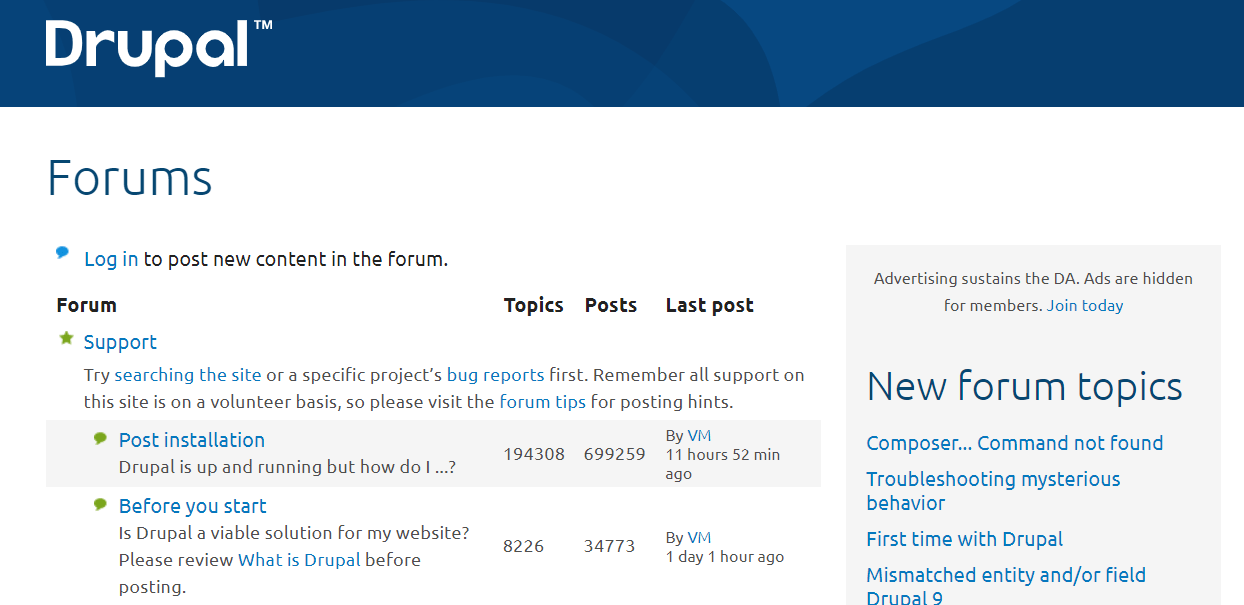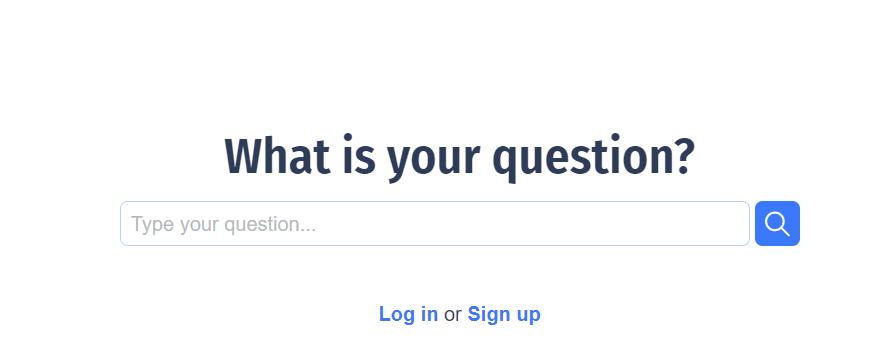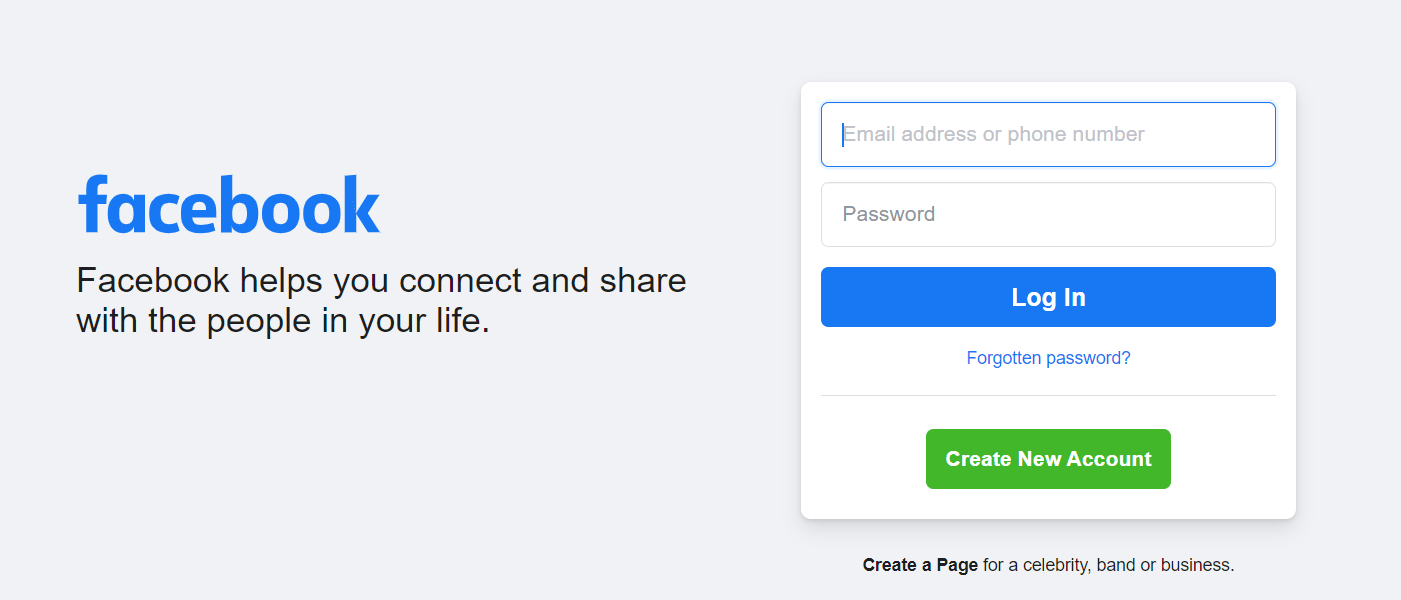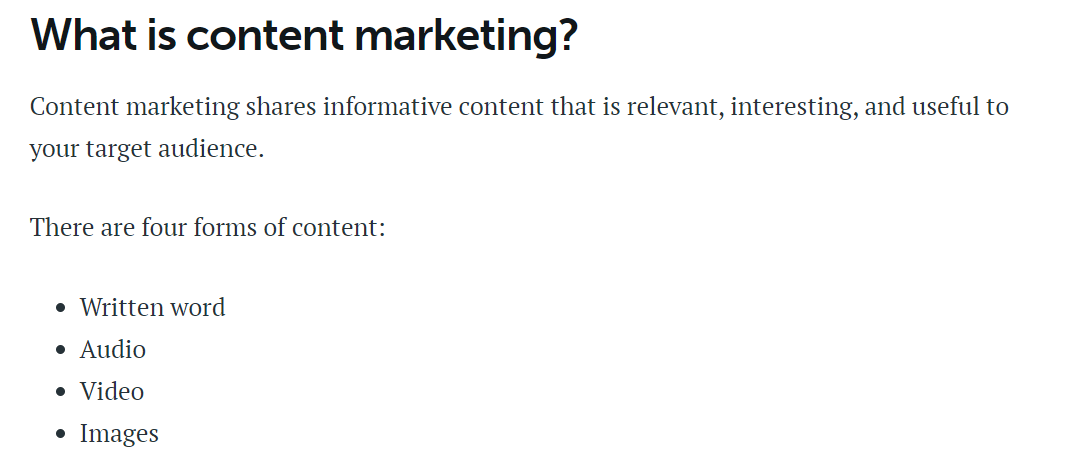What Factors Should Considered When Performing Off-Page SEO?
Below are some of the off-page SEO factors to consider:
- Domain Authority
- Relevance
- Site Traffic
- Link Type
1. Domain Authority:
An overview of a site’s performance can be obtained by looking at its domain authority, a metric created by Moz. Domain authority is an important factor when performing off-page activities. Website quality is measured by domain authority, otherwise known as DA. The backlink from a higher DA site to a lower DA site via a do-follow link improves the lower DA site’s page rank and rankings.
2. Relevance:
Getting a link from a site with a high domain authority is valuable, but these sites must be relevant to the one you want to link to. You shouldn’t increase the domain authority of a fashion brand if your site is all about car dealerships; excessive irrelevant backlinks may trigger a penalty by algorithms.
3. Site Traffic:
Off-page activities like forum posting, blogger outreach, etc. can increase your overall traffic considerably. You can use a chrome extension like SEO Meta in Click to check the traffic of specific sites, such as bloggers and forums. Once you confirm that the amount of traffic the site receives is substantial enough, you can proceed with the activities.
4. Link Type:
When we do link building or off-page activities, we build two types of links. As described above, they are dofollow and nofollow links.













